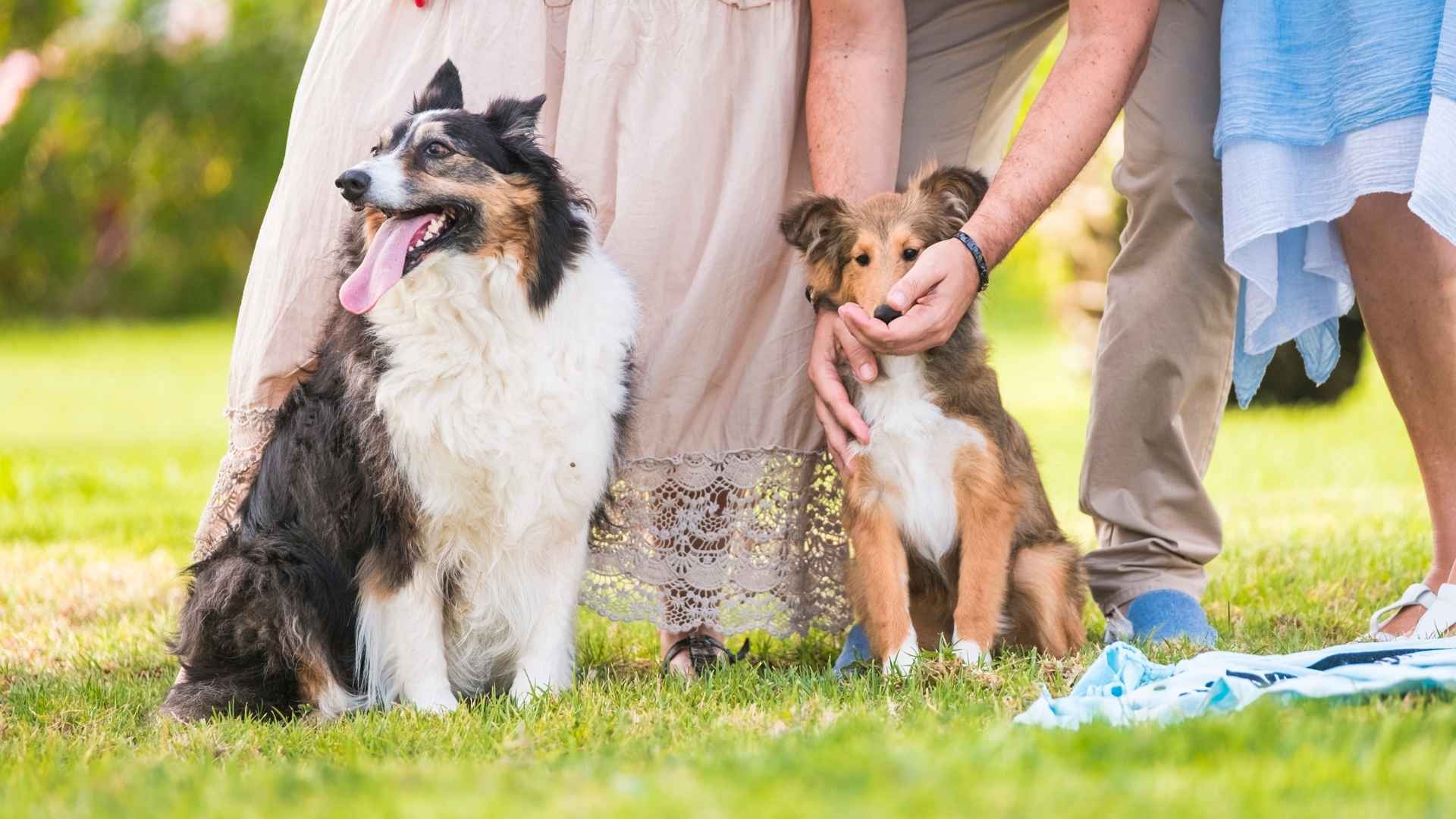Not all dogs rush into new friendships with their tails wagging. Some breeds are wired to be watchful, instinctively guarded, and slow to trust anyone outside their inner circle. While that might sound like a challenge, it’s actually one of the greatest strengths of certain breeds, especially those bred to guard, protect, or think independently.
Dogs that are cautious around strangers often form deep, unshakable bonds with their families. Their loyalty is fierce, their presence reassuring, and their sense of judgment surprisingly sharp. With the right training, these breeds become confident, composed companions who alert you to real threats—and ignore the rest.
Whether you’re looking for a reliable protector, a devoted family guardian, or simply a dog who won’t instantly befriend every person at the park, these breeds bring the perfect mix of intelligence, awareness, and heart.
Let’s meet 7 of the most notable dog breeds known for being naturally cautious around strangers.
Cautious Around Strangers Dog Breeds
1. Cane Corso
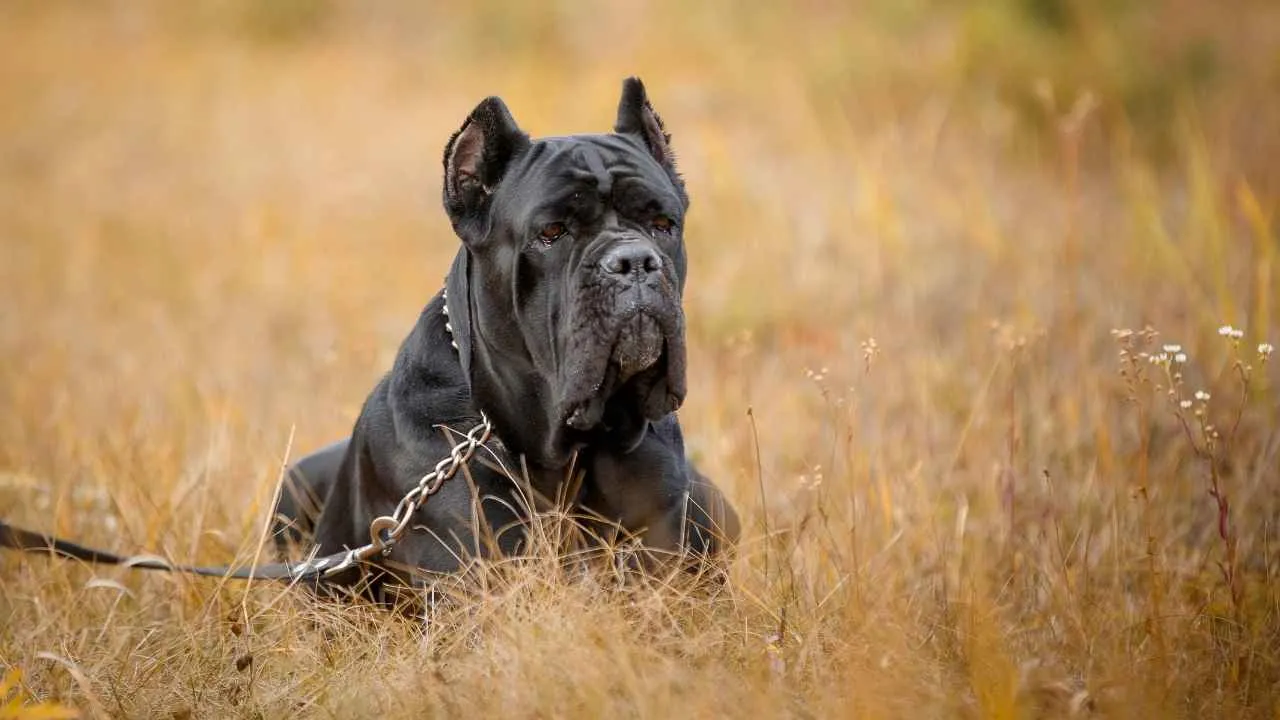
The Cane Corso is a majestic Italian mastiff known for its commanding presence and unwavering loyalty. Originally bred for guarding livestock and property, this breed remains instinctively protective and watchful to this day.
With family, they are deeply affectionate and calm, often forming strong, almost intuitive bonds with their humans. But with strangers, their approach is reserved, evaluating newcomers before warming up. Their quiet demeanor is part of their charm and their strength.
They don’t bark unnecessarily, but when they do, it’s for a good reason. They’re confident, observant, and naturally wary of unfamiliar faces until properly introduced. This makes them excellent watchdogs and even better guardians.
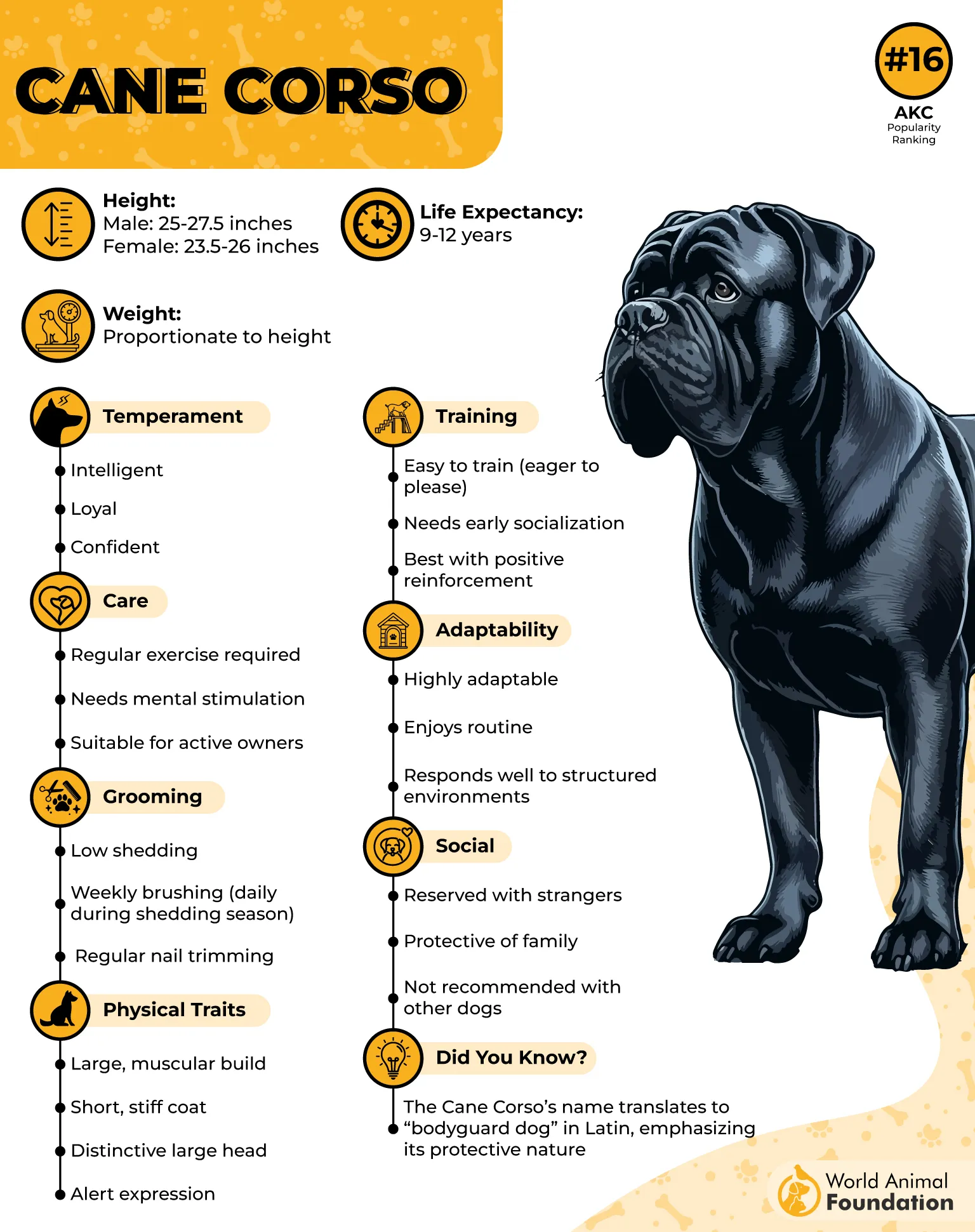
Training a Cane Corso requires consistency and confidence. Early socialization is crucial to help them distinguish between actual threats and normal day-to-day situations. They respond best to firm but respectful leadership.
Despite their imposing look, they’re sensitive and intelligent. With proper care, the Cane Corso becomes an impressive, calm, and loyal companion with a built-in radar for anything unusual.
Fun Fact
The name “Cane Corso” comes from the Latin “cohors,” meaning guardian or protector—fitting for such a noble and vigilant breed.
2. Akita
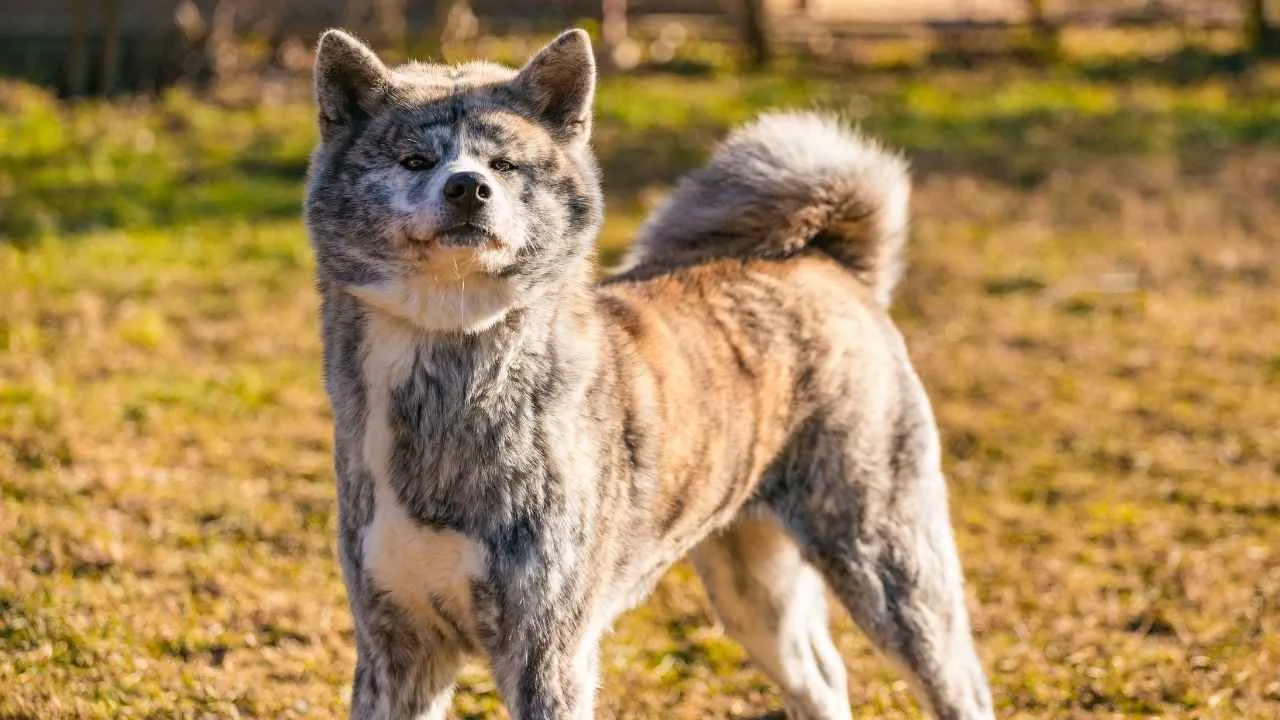
Silent, stoic, and fiercely devoted, the Akita is a breed that values quality over quantity in its social interactions. Bred in Japan for hunting large game and guarding royalty, the Akita brings strength and dignity in equal measure, as stated by the AKC.
With its family, an Akita is affectionate and often surprisingly gentle. But with strangers? It’s all side-eye and silence until trust is earned. This breed is not interested in making fast friends—it prefers to observe and assess.
Akitas tend to be quiet dogs overall, rarely barking without reason. Their aloof nature doesn’t mean they’re aggressive, but it does mean they take their time deciding who’s worthy of their attention.
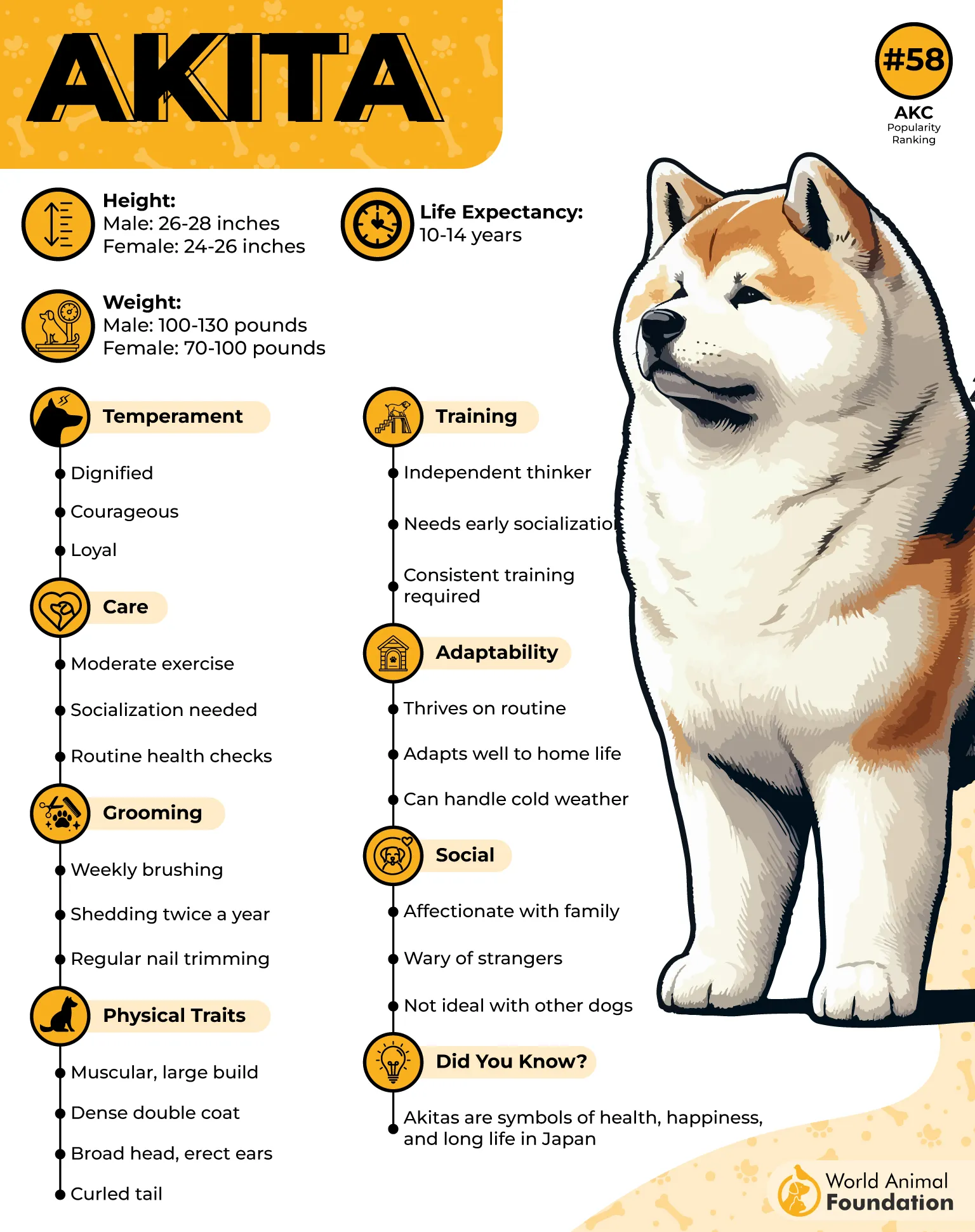
Training should start early and include structured socialization to prevent over-guarding. They respond well to clear expectations and respect, not harsh discipline. The goal is to build a mutual bond built on trust.
For experienced owners, the Akita is a regal companion—independent yet loyal, cautious but courageous. They’ll always have your back, even if they don’t immediately offer strangers a warm welcome.
Fun Fact
In Japan, Akitas are considered symbols of health, happiness, and protection. A statue of an Akita is often given to people who are ill or recovering.
3. Rottweiler
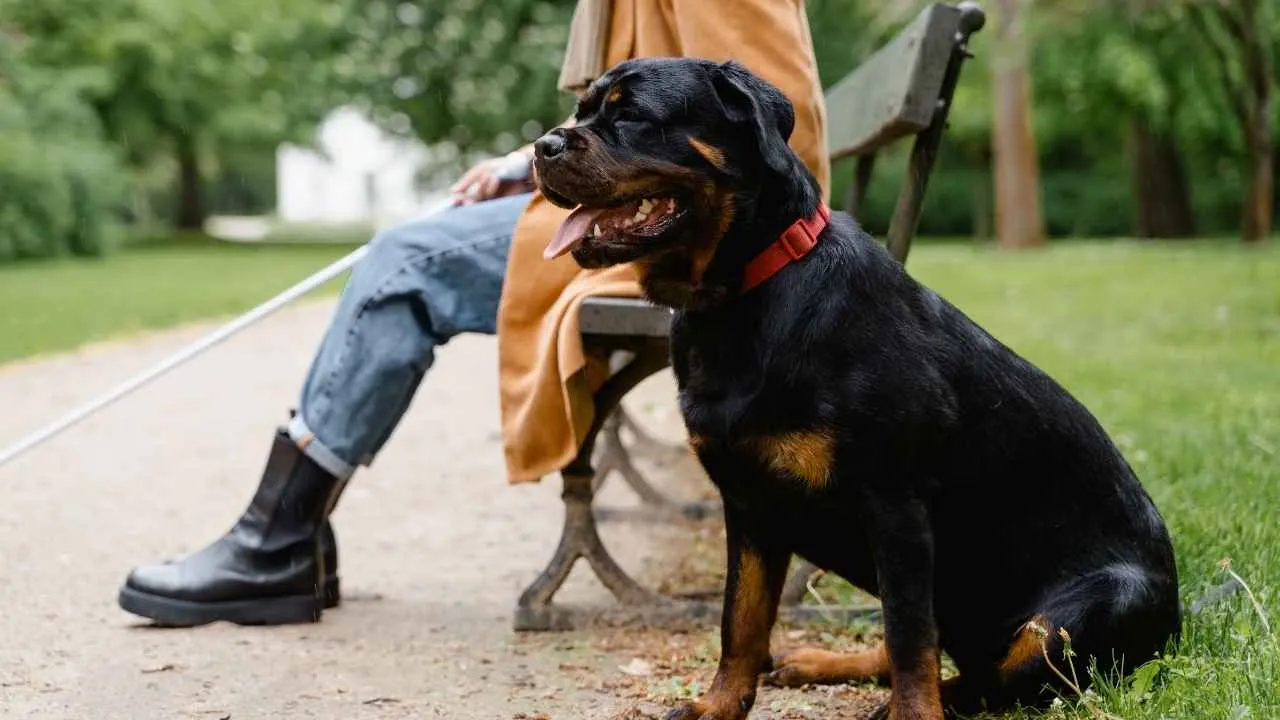
Few breeds are as misunderstood—or as deeply loyal—as the Rottweiler. Originally bred to herd livestock and pull carts, today’s Rottie is a powerful, intelligent dog with a calm and confident nature.
To those they know, Rottweilers are playful, goofy, and affectionate—sometimes even clingy. But to strangers, they present a reserved front, often quietly observing rather than charging into social situations.
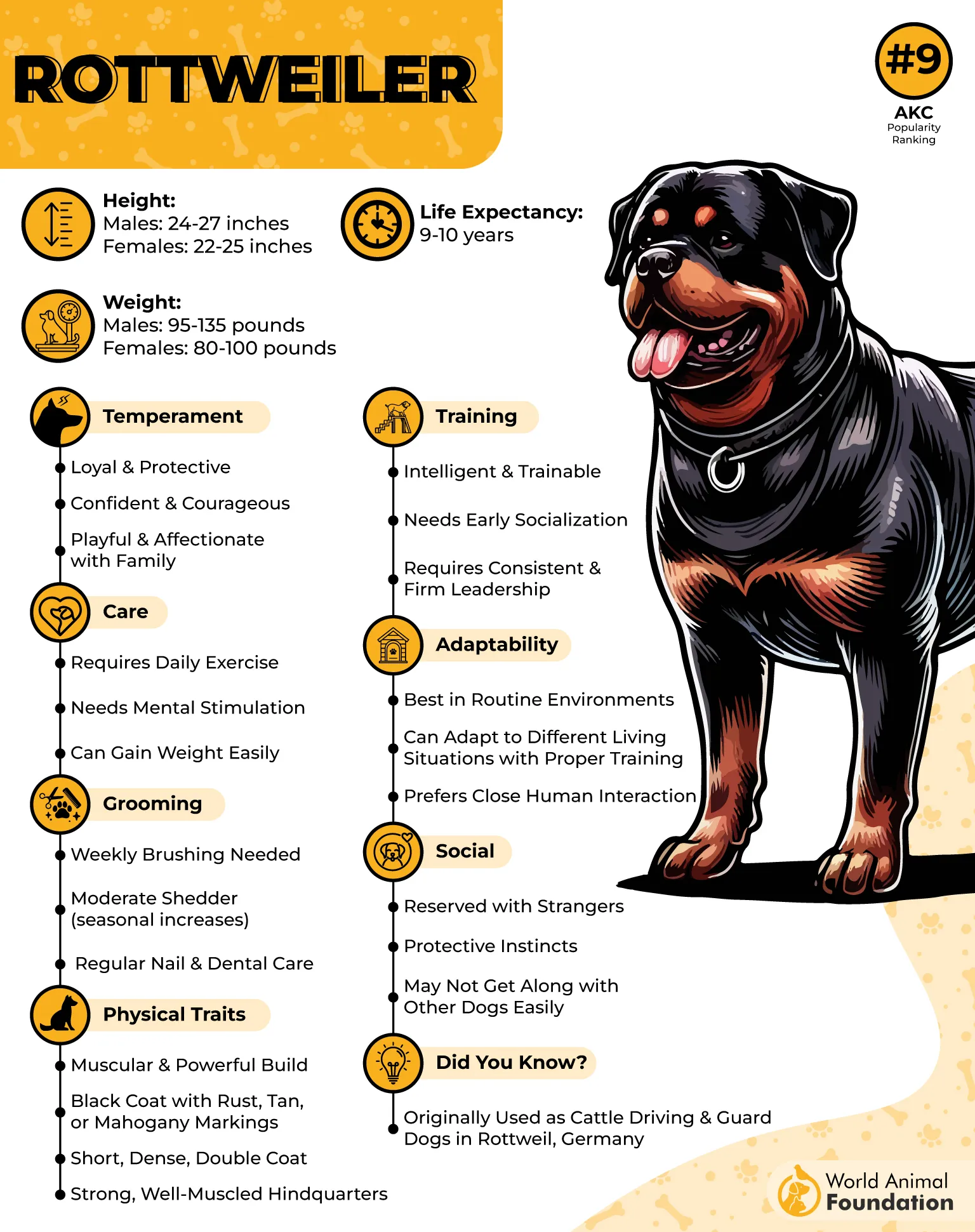
This breed’s wariness isn’t rooted in fear but in discernment. They’re incredibly smart and quick to assess whether someone is trustworthy. Their natural suspicion of outsiders makes them excellent guard dogs.
Rottweilers need early, positive socialization to help them understand boundaries and build confidence. When properly trained, they’re polite, composed, and deeply tuned into their environment.
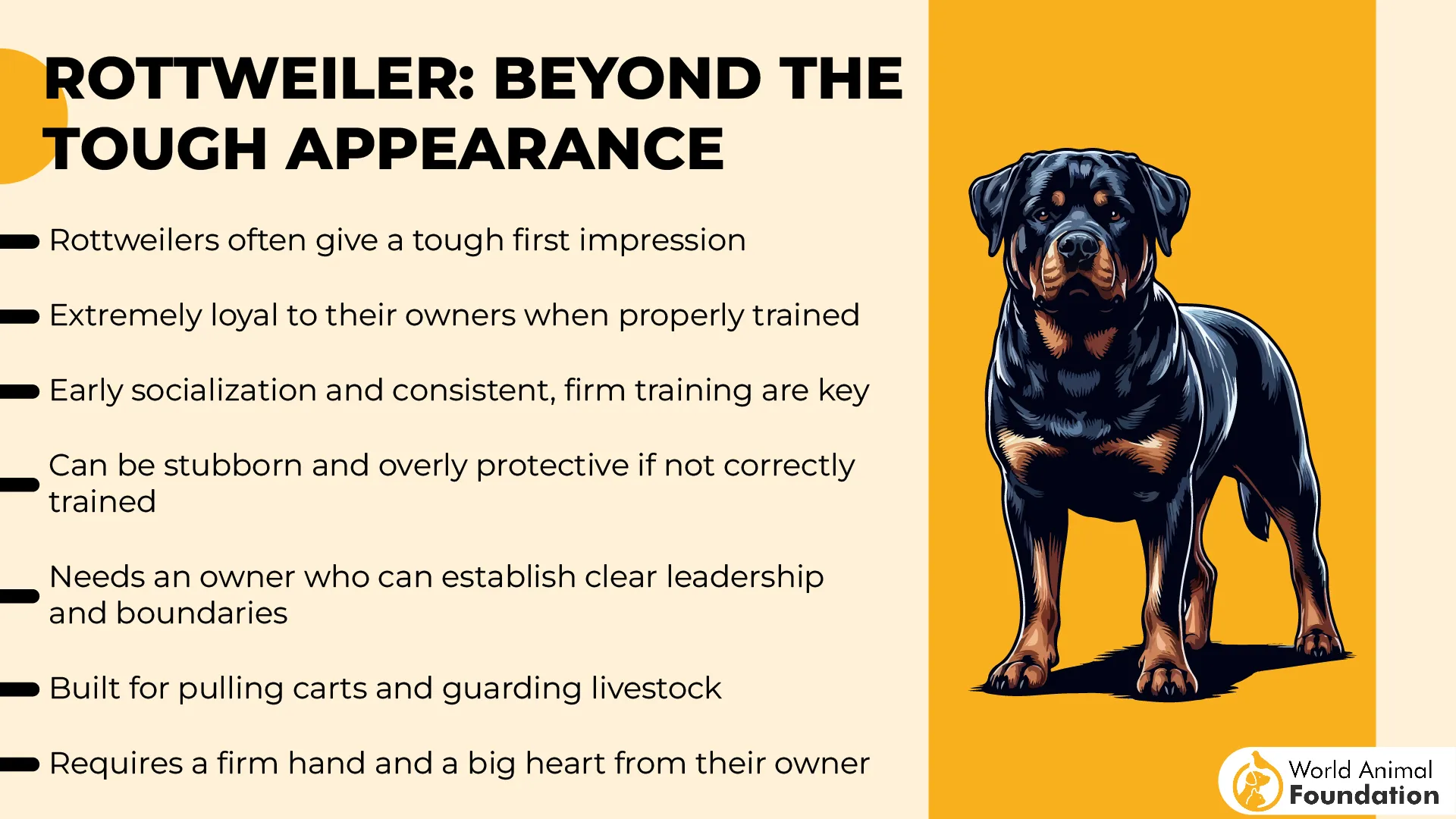
Strong yet steady, Rottweilers bring a grounded presence to any home. They don’t bark without purpose, and they don’t trust without reason, which makes the bond they form with their humans all the more powerful.
Fun Fact:
Rottweilers are descendants of ancient Roman drover dogs that protected cattle and property as they moved with traveling armies.
4. American Pit Bull Terrier
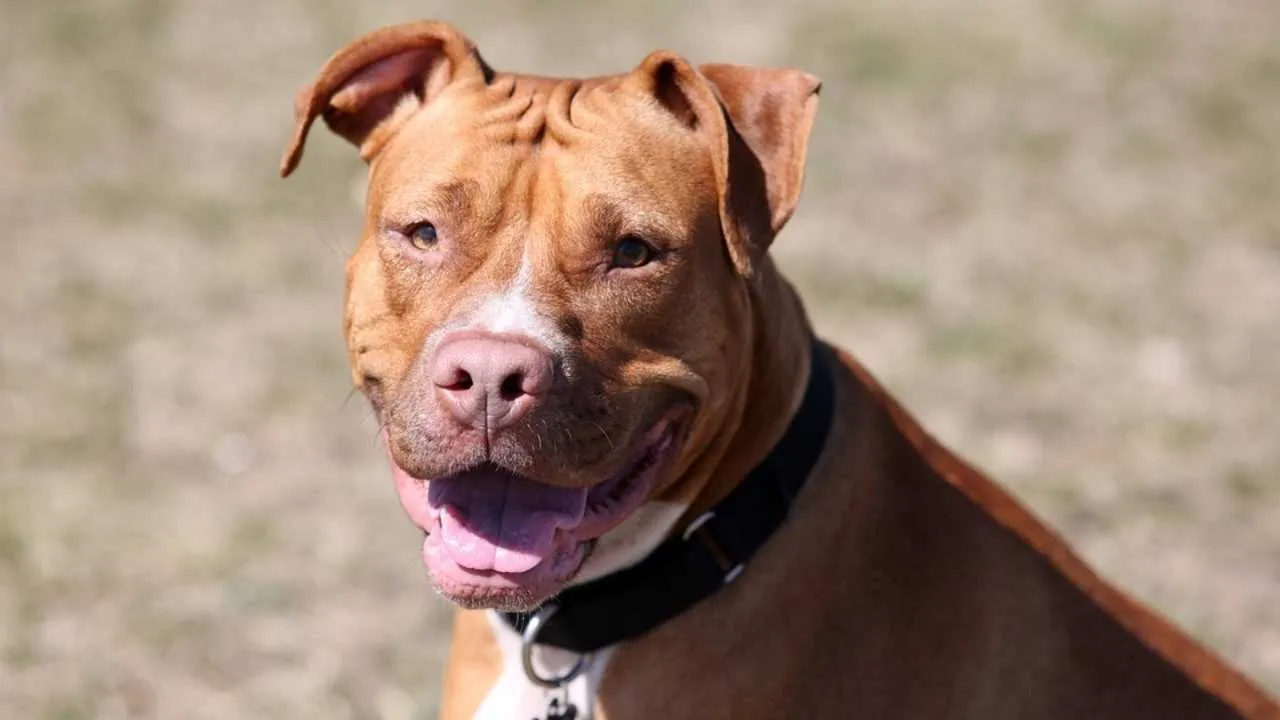
The American Pit Bull Terrier may surprise some by making this list. They are extremely loyal and naturally alert—traits that can make them cautious in unfamiliar situations.
Their connection to their owners runs deep, and while many Pit Bulls are outgoing, some display a reserved or protective nature around strangers, especially if they sense their family is unsure or threatened.
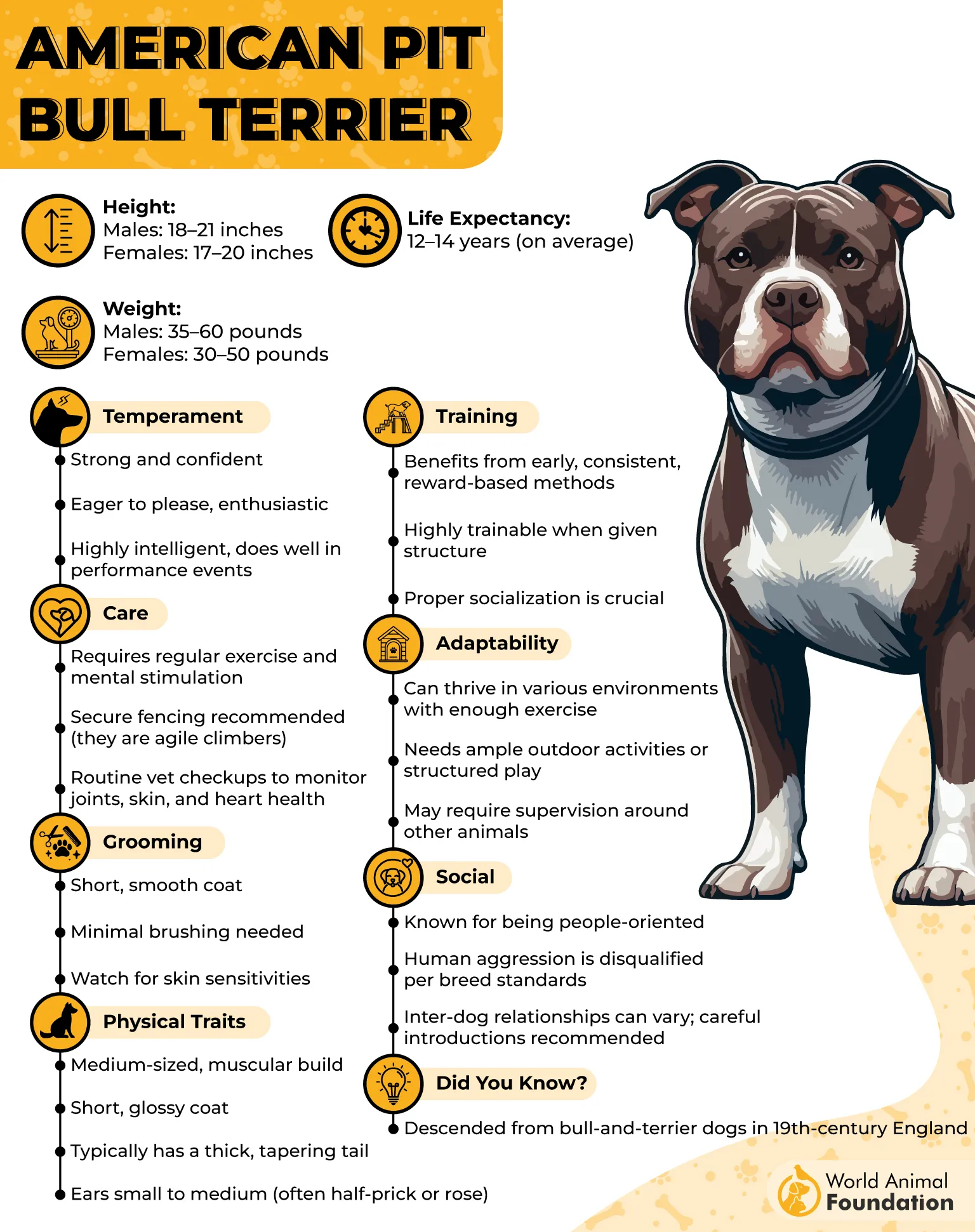
According to Britannica, due to their eagerness to please, Pit Bulls can be shaped positively with good training and exposure. They thrive on routine, clear expectations, and lots of love—training isn’t about dominance; it’s about trust.
Their energy makes them playful but also attentive. They’re quick learners and often pick up on cues before their humans do, including emotional ones. This sensitivity adds to their selective approach toward new people.
Pit Bulls aren’t born aggressive—they’re shaped by their environment. With the right upbringing, they’re loving, loyal, and moderately cautious when it counts—an excellent balance for those seeking devotion with a dash of discernment.
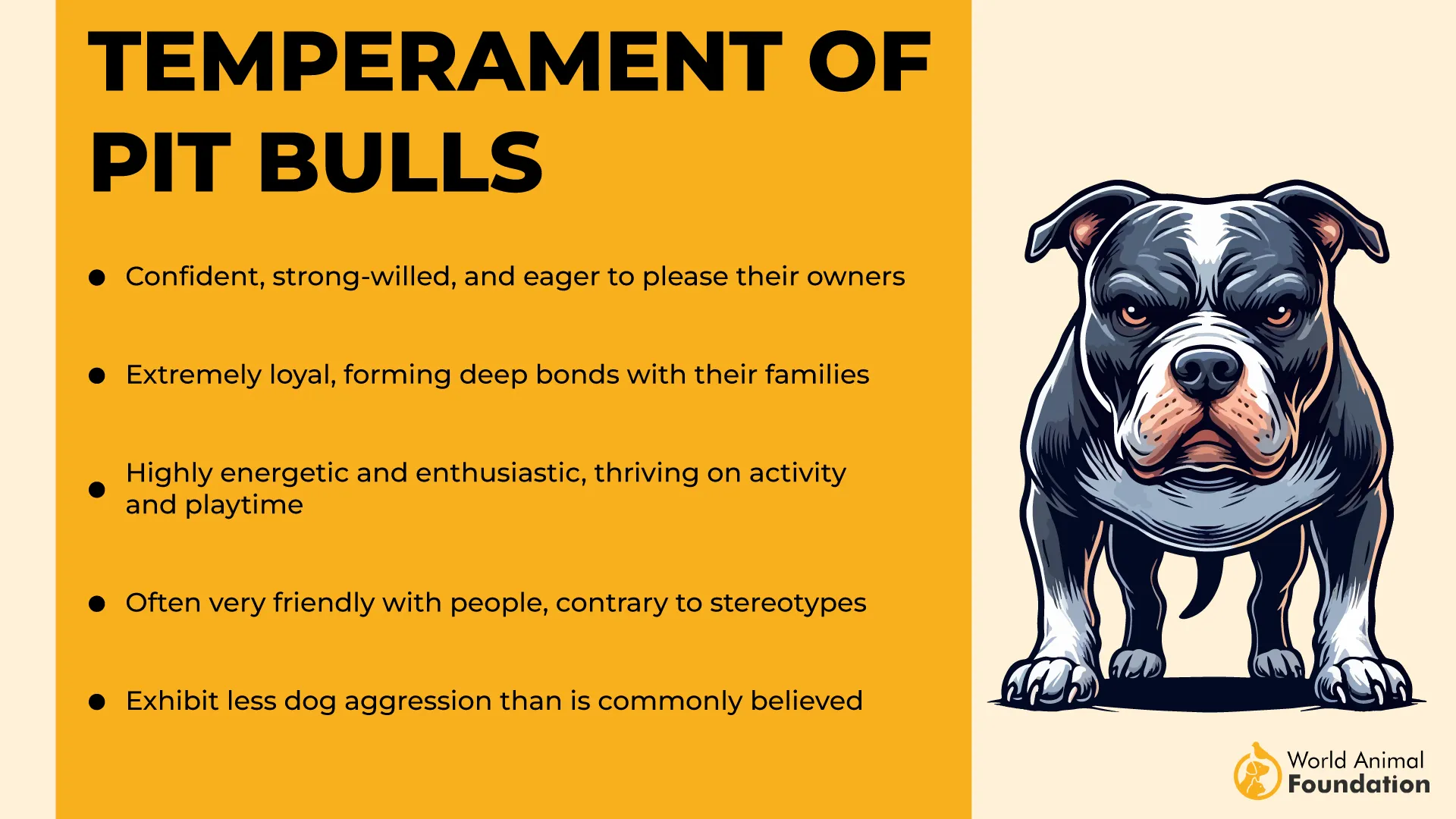
Fun Fact
The iconic dog from The Little Rascals, named Petey, was a Pit Bull, and he became one of the most beloved canine stars of early Hollywood.
5. German Shepherd
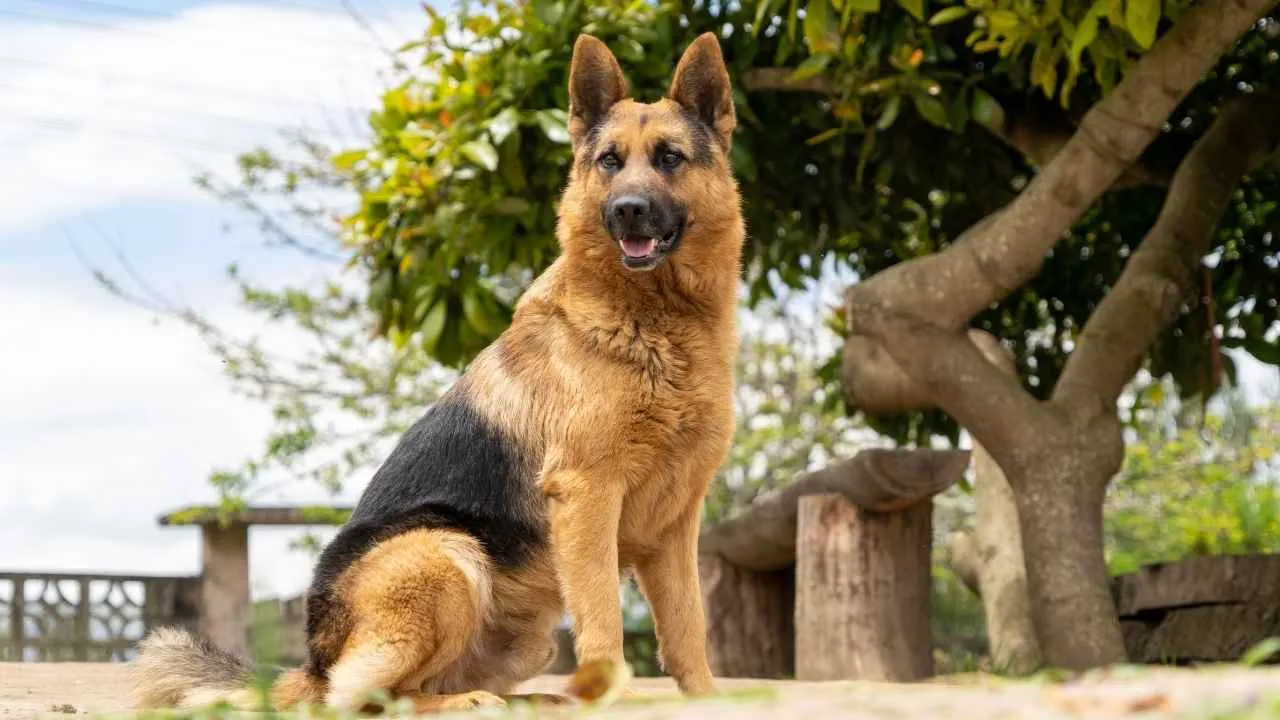
There’s a reason German Shepherds are one of the most widely used breeds for police and military work. They’re intelligent, focused, and exceptionally loyal, making them both brilliant workers and formidable protectors.
When it comes to strangers, they’re polite but distant. They don’t seek attention from unfamiliar people and prefer to observe first, act later. If they sense discomfort, they’ll quietly step between you and the source.

This breed is highly trainable but needs mental stimulation. Without structure and socialization, their suspicion can lean toward overprotectiveness. Early training and boundaries help shape a balanced, confident temperament.
German Shepherds are vocal when necessary, but not excessive barkers. Their voice is used as a tool, not a habit—and they’re always listening for what comes next.
Whether as a service dog or a family companion, the German Shepherd is reliable, steady, and highly intuitive. With the right leadership, they become calm, courageous guardians.
Fun Fact
Rin Tin Tin, the famous Hollywood dog, was a German Shepherd rescued from a WWI battlefield—his fame helped popularize the breed in America.
6. Chow Chow
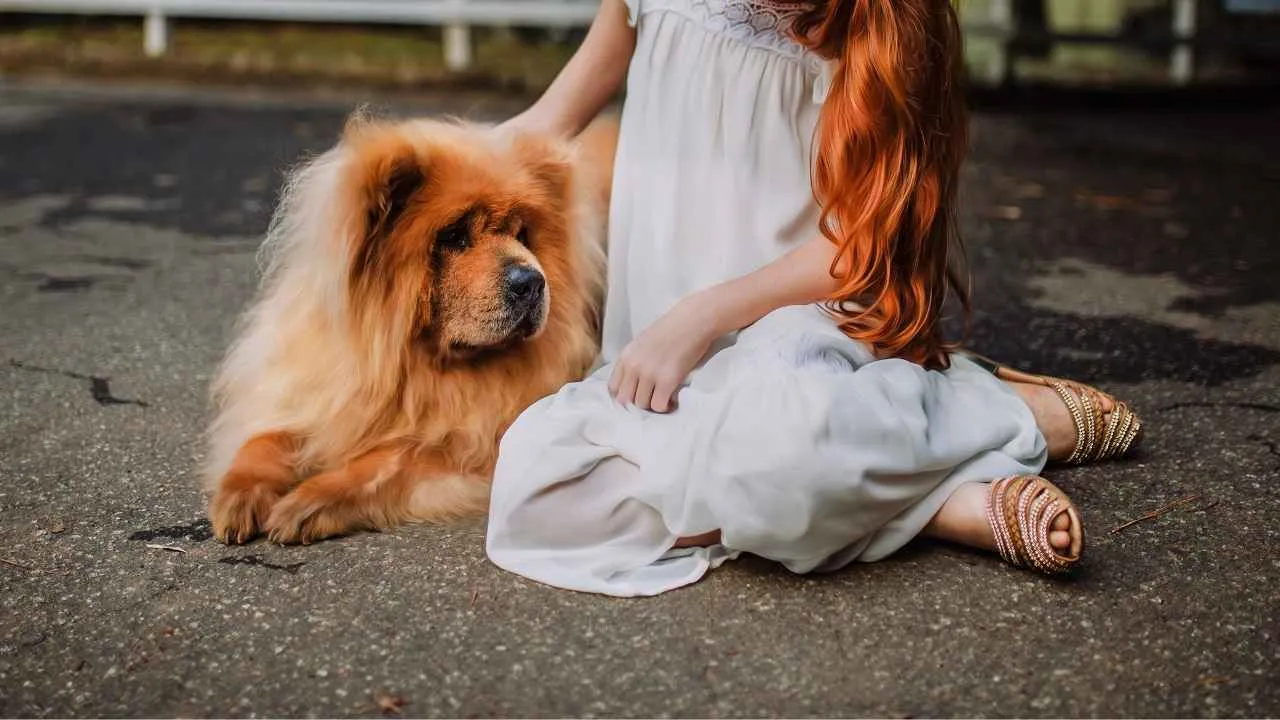
With their lion-like mane and cat-like independence, Chow Chows carry themselves with quiet dignity. They’re not social butterflies, and they’re perfectly fine with that.
This breed is naturally aloof with strangers. They don’t bark much, and they don’t rush to greet visitors at the door. Instead, they watch, evaluating every movement and making their own decisions about who’s trustworthy.
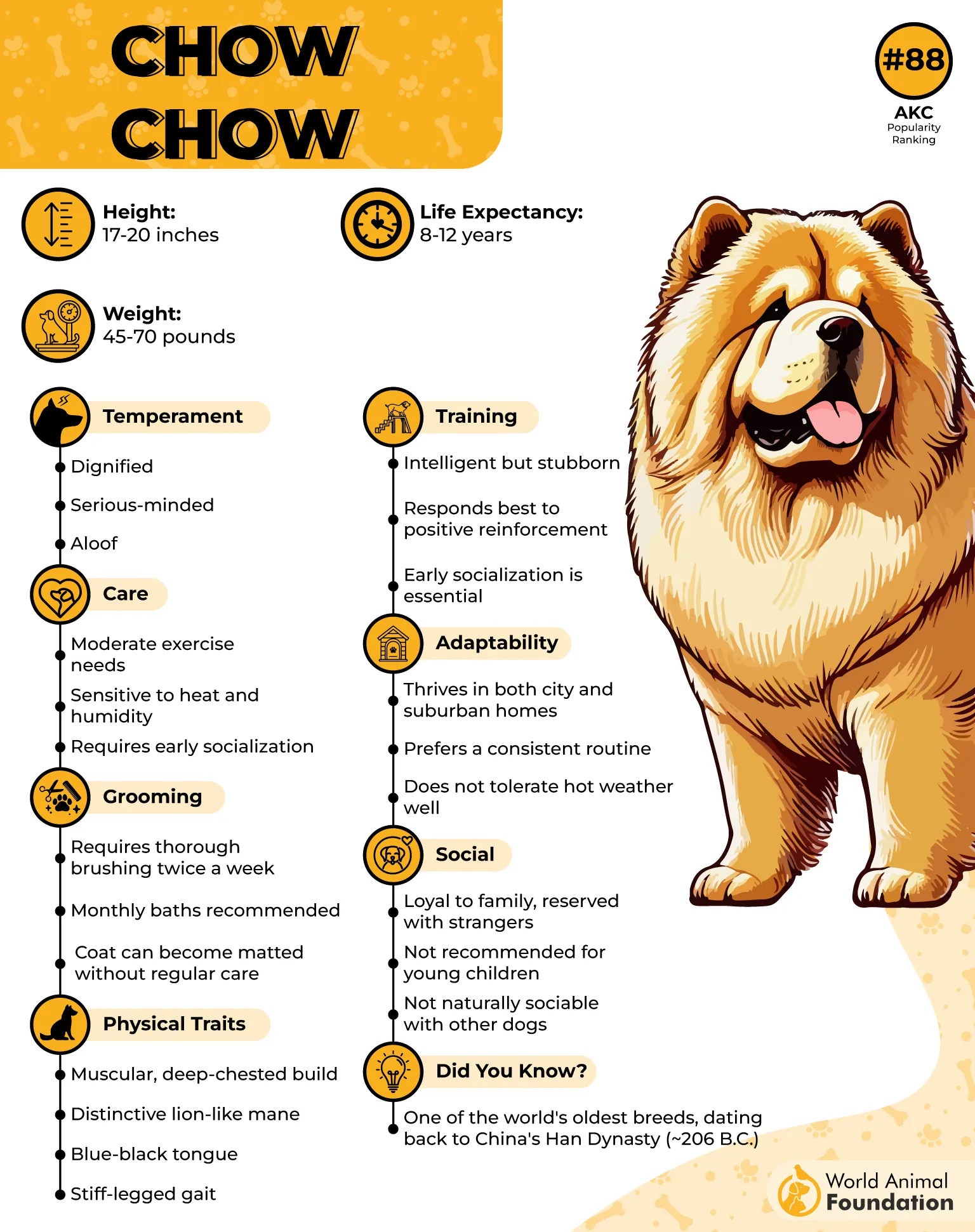
With their family, Chow Chows can be incredibly loyal and even affectionate in a reserved, respectful way. They value space and routine and do best with calm, confident owners who understand their temperament.
Training can be a slow process with Chows, but they’re not stubborn—they’re simply thoughtful. They respond well to calm, patient guidance rather than pressure.
As per PetMD, their thick double coat requires regular grooming, but their low-energy, low-drama personality makes up for the fluff. If you want a watchdog with a quiet edge and strong intuition, this breed fits the bill.
Fun Fact
Chow Chows have a unique blue-black tongue, and some believe they were once the models for ancient stone lion statues in Chinese temples.
7. Doberman Pinscher
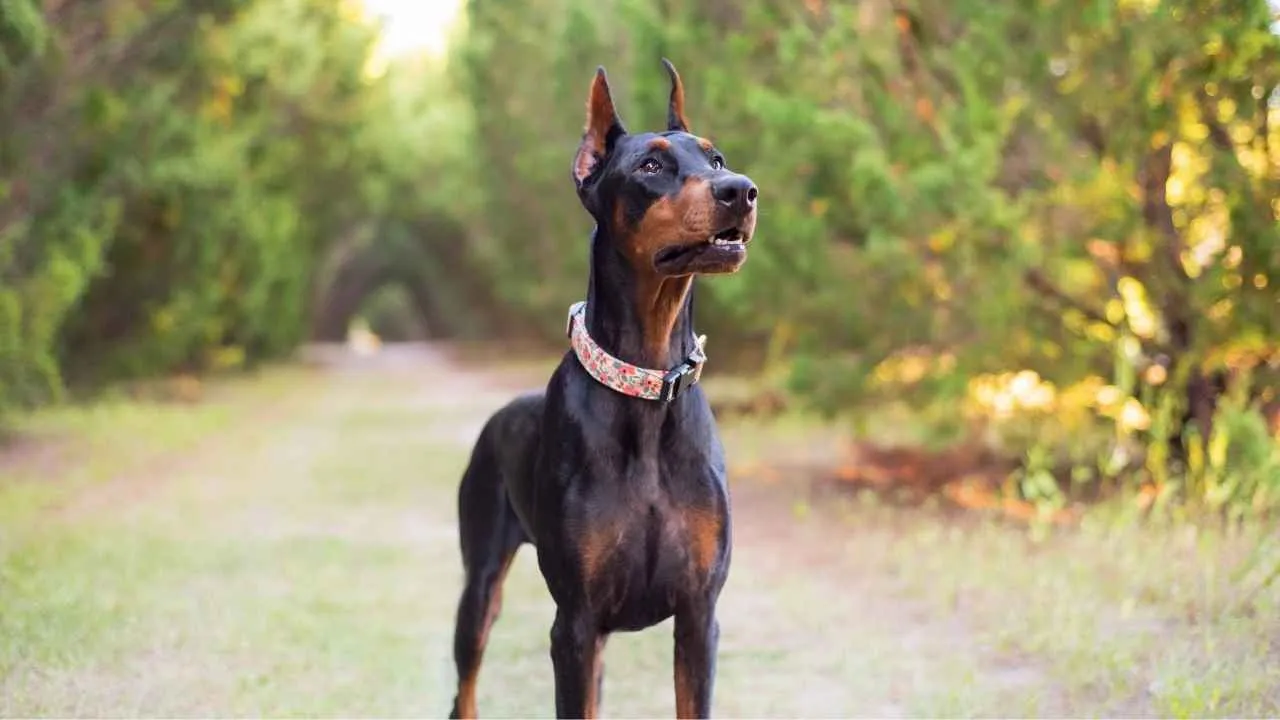
Sleek, athletic, and razor-sharp, the Doberman Pinscher is as intelligent as it is intimidating. Originally bred for personal protection, these dogs have a natural ability to assess risk and respond swiftly.
They’re affectionate and goofy with their inner circle, often forming deep attachments. But with outsiders, they become alert and reserved, ready to act if something feels off.
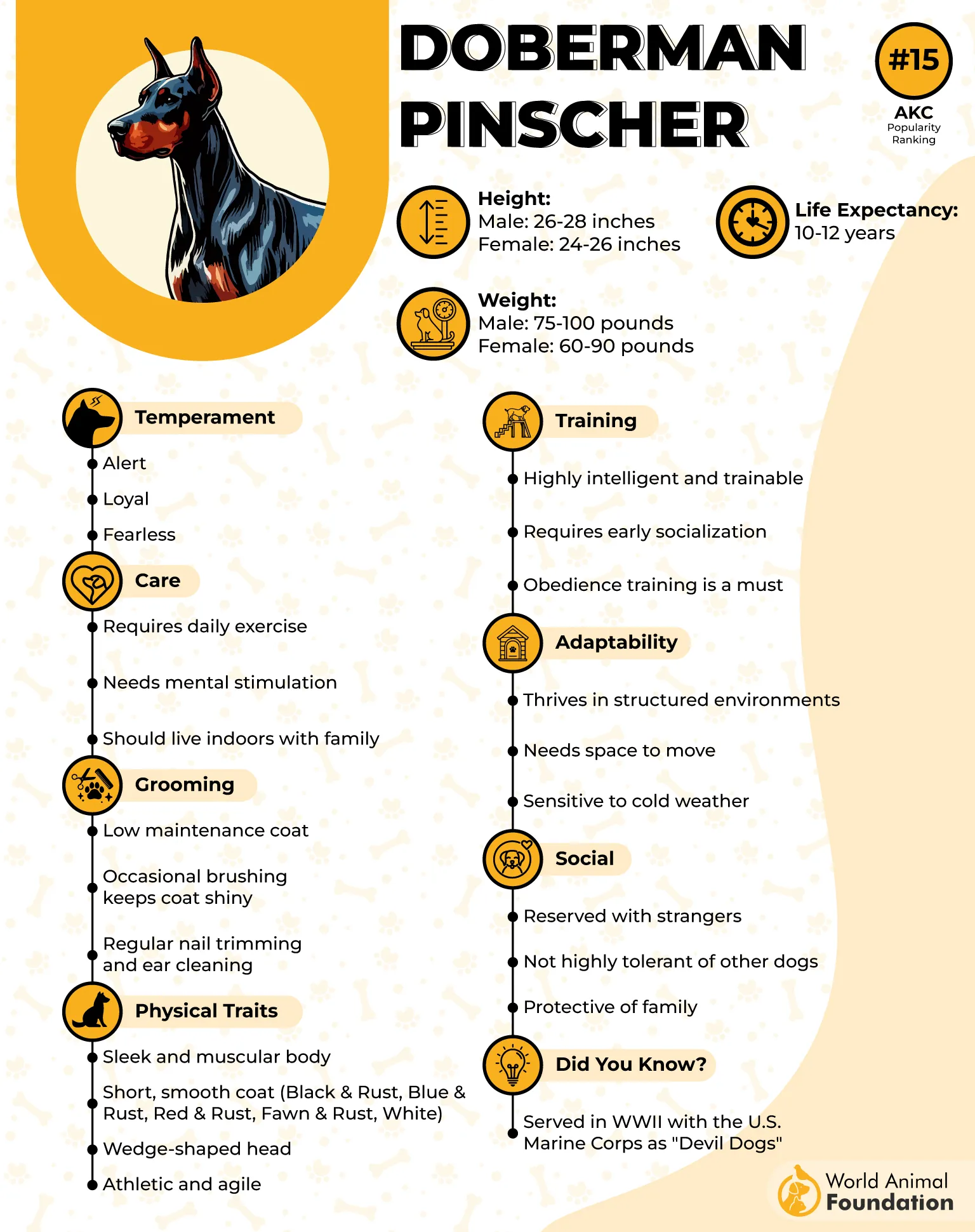
Dobermans aren’t indiscriminately aggressive; they’re thinkers. They bark as a warning, not as background noise, and their presence alone is often enough to deter threats.
They require structure, consistent training, and plenty of physical and mental stimulation. With early socialization, they become well-mannered, confident dogs that can distinguish between friend and threat.
When raised right, the Doberman is an elegant, loyal guardian—smart enough to assess situations and brave enough to act when it counts.
Fun Fact
The Doberman was created by a tax collector in Germany who wanted a loyal, protective dog to accompany him on his rounds—mission accomplished.
Conclusion
Many breeds that are cautious around strangers are often labeled as aggressive dogs, largely due to headlines focused on pit bull attacks or fatal dog attacks. But a breed alone doesn’t determine behavior—dog owners, environment, and proper training play a much bigger role.
While some of these breeds were once used as fighting dogs or ranked high in dog bite statistics, they can become loyal, stable family members when raised responsibly from a young age. Early socialization, consistent structure, and understanding are key.
Even breeds wary of other dogs or new people can thrive in the right hands. It’s not about the most dangerous dog breeds—it’s about commitment, care, and the choices we make as owners.


